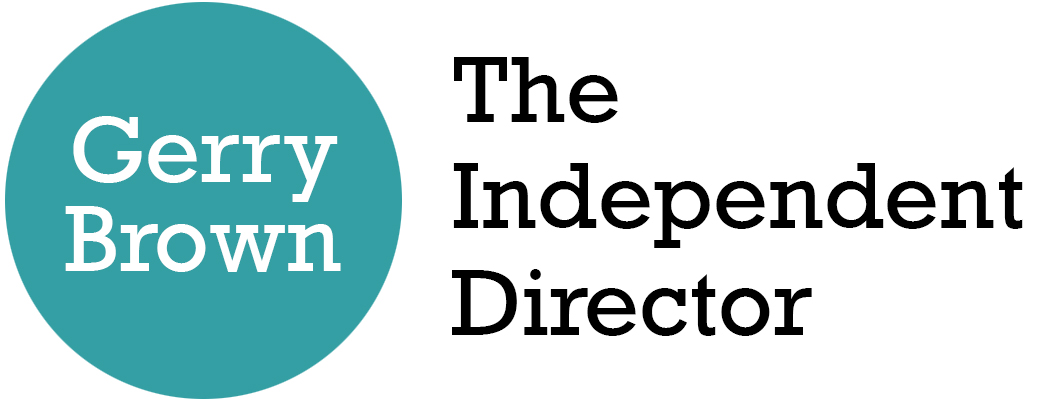
Why do FTSE 250 companies continue to outsource their strategic & corporate governance reality checks to non-executive directors drawn from elsewhere?
ON July 1 outsourcing behemoth Capita becomes the first FTSE 250 company to appoint employees as non-executive directors to its board for over three decades. After an internal beauty contest that saw 400 staff applications for the £64,500 uplift to their existing salary, Capita chose chartered accountant Lyndsay Browne and project manager Joseph Murphy to provide what Chairman Sir Ian Powell characterised as the “employee’s perspective” and increased “diversity of thought” at board level.
I often wonder why more companies – inside and outside the FTSE 250 – don’t seize the low hanging fruit benefits of in-house worker expertise in their boardrooms? I have first-hand relevant experience of the benefits of staff participation* at both board level as well as via company shareholding. When Theresa May sensibly proposed consulting over putting workers representatives on the boards of companies she quickly met strong opposition and criticism. So much so, this idea soon went the way of all flesh and was quickly watered down before being quietly dropped. There was wild talk that horny-handed sons and daughters of toil would inevitably hold back dynamism and growth of the company as well as their executive board betters as a result of their – apparently - inevitable struggle to master complex or rarefied strategic briefs. Despite recently spotty performance in the outsourcing sector generally, when the outsourcing industry market leader decides to in source in house expertise and diversity of perspective, this surely must clearly indicate to other FTSE 250 companies that serious business reasons recommend it?
While it is all well and good experimenting with future performance and success of your clients with the panacea and magic bullet of outsourcing, obviously this isn’t the strong medicine – if given the choice - Capita actually inflict on themselves at board level. Yet, nonetheless, 249 other FTSE 250 companies continue to outsource their independence of thought, strategic and corporate governance reality checks to non-executive directors drawn from elsewhere. The ongoing litany of corporate scandals – too varied and numerous to list here succinctly – suggests that different perspectives remain very much needed in the boardrooms of our leading companies. In sourcing in house talent at board level rather than outsourcing it is long overdue in top FTSE 250 companies.
My book The Independent Director: The Non-Executive Director’s Guide to Effective Board Presence suggests that empowered experienced non-executive directors make real serious supervisory and strategic contributions at corporate board level. The book also demonstrates worker representatives offer shareholders, pension funds, investors, management and the public many real implementable strategic and supervisory benefits in many key areas including as bridge between management & workers + management & investors. They also provide fresh perspectives when it comes to diversity & inclusion, due diligence, business strategy and effective corporate governance.
Notes
* During a highly successful portfolio executive board level career over many decades, for over twenty years I worked for a market-leading logistics company that was well known for over 95% of its employees being shareholders - with all of the implications for its culture, governance and management that ensures. During that time I had extensive positive direct involvement with trades unions and employee representatives to the benefit of governance, shareholders and staff alike.
Image credit: Getty/Forbes
